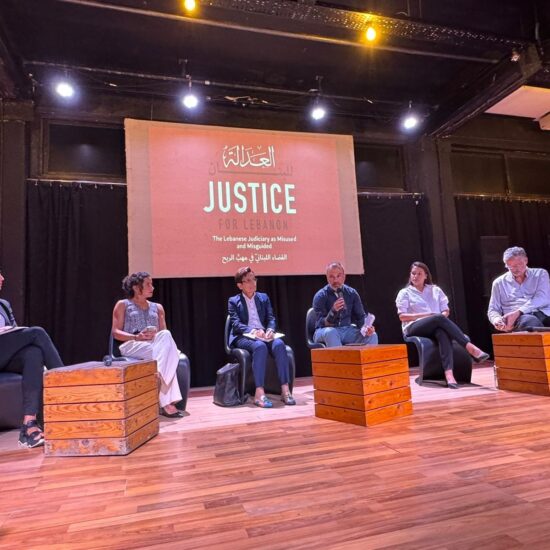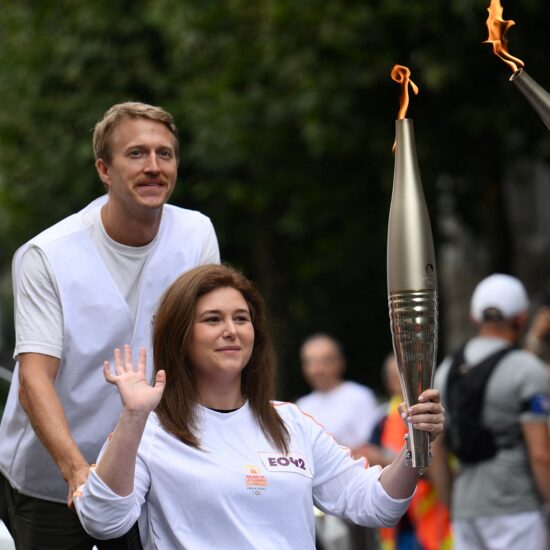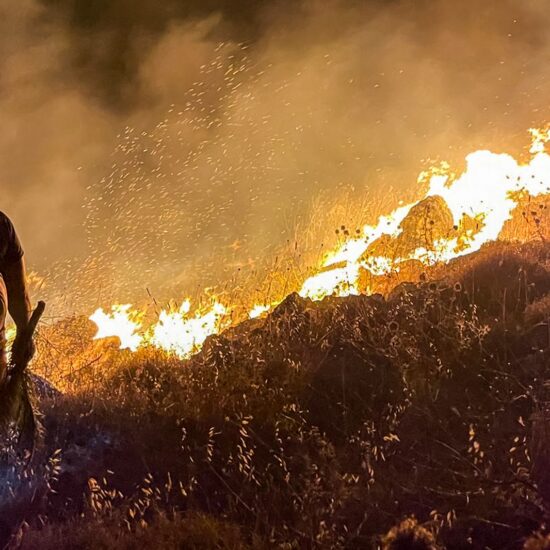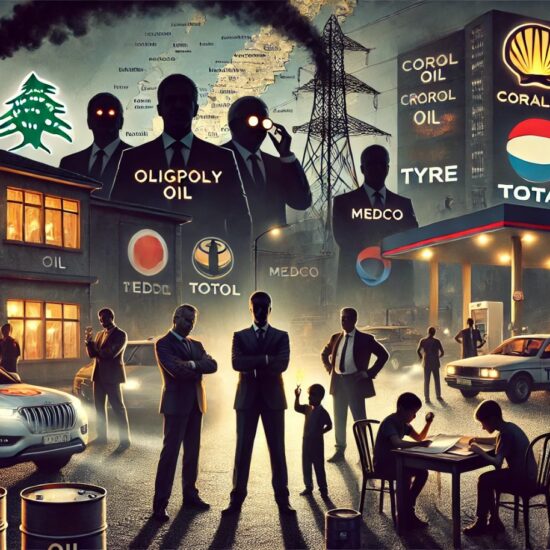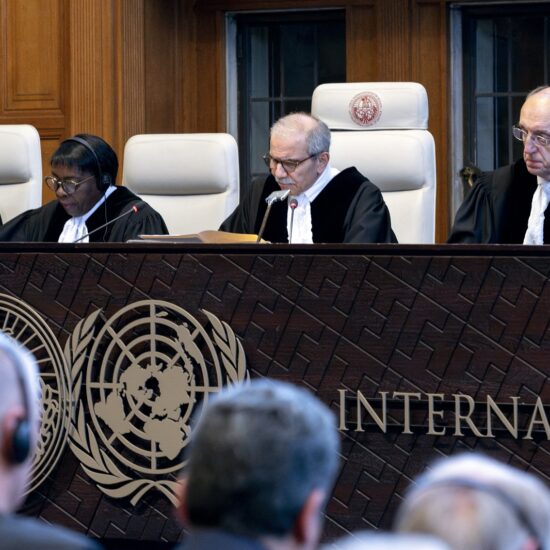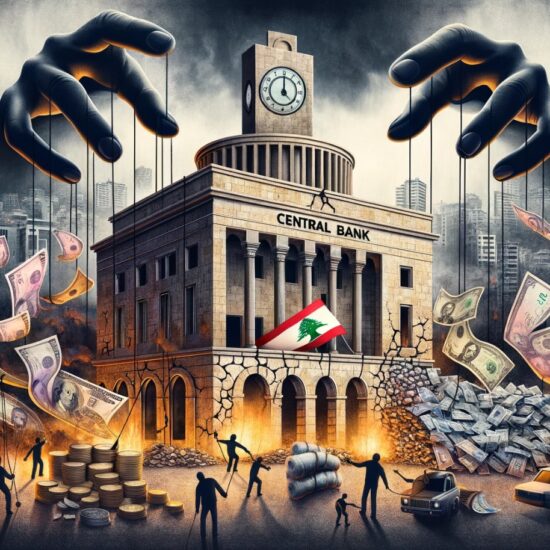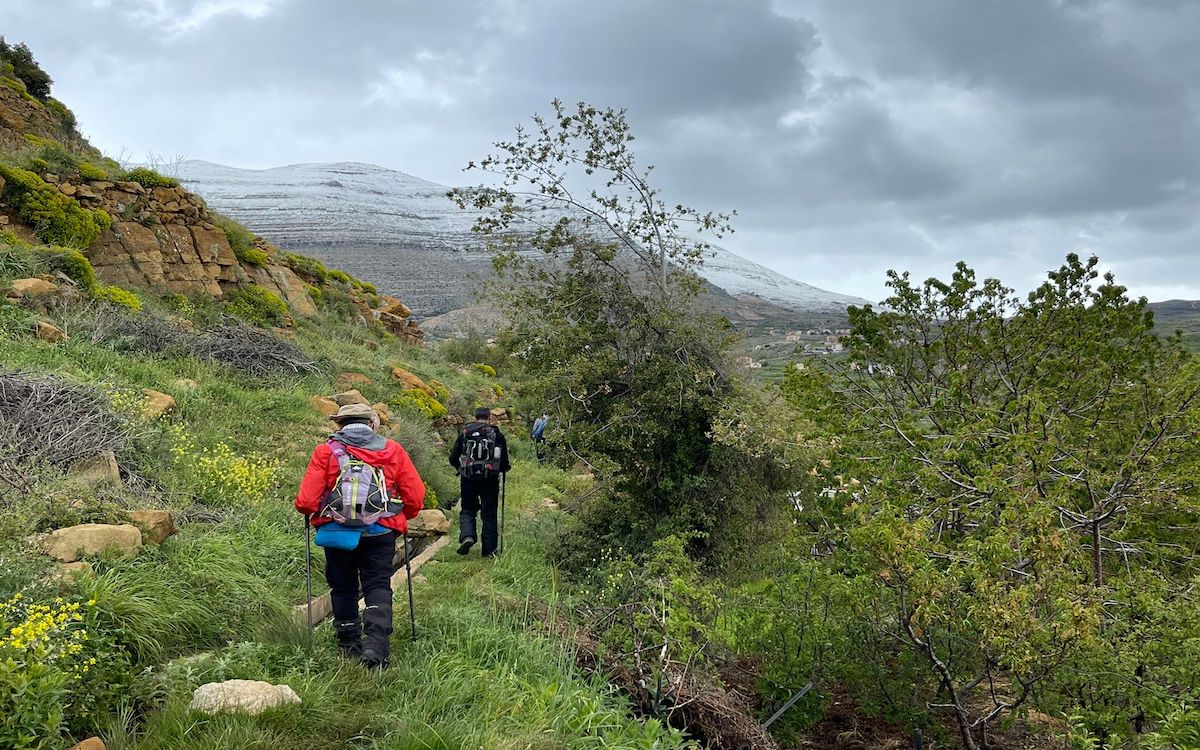
The natural beauty of Lebanon is one of the country’s best-kept secrets. Beyond the emblematic cedar forests, the biodiversity of the area is unmatched by any of its neighbors, making it a uniquely enticing destination for outdoor enthusiasts and nature lovers.
For 15 years, the Lebanese Mountain Trail Association (LMTA) has made it their mission to develop, maintain and conserve the now 470-kilometer network of footpaths that makes up the Lebanese Mountain Trail, enhancing the economic opportunities for rural communities by promoting responsible tourism, while also safeguarding the natural, cultural and architectural heritage of the Lebanese countryside.
“What differentiates the Lebanese Mountain Trail from other long-distance hiking routes in the region – and the world – is that it is a community-based trail,” LMTA Vice President Joumana Brihi told NOW. “You don’t hike just for the sport or challenge. You are going to sleep in guesthouses, stay with people and discover the culinary experience and the cultural heritage in the villages.”
“We work closely with [local] municipalities to ensure that the trail – and the surroundings of the trail – can be protected,” she continued. “In recent years, we have done so much work with local communities. The municipalities have really seen immediate and direct benefits from the work that we do, and so they are friendly towards us, and supportive.”
Both the global COVID-19 pandemic and Lebanese economic crisis led to severe difficulties for the once-prosperous Lebanese tourism sector as a whole. While the recovery has been notable, buoyed by an influx of diaspora expats bringing in fresh US dollars, this touristic revenue has historically disproportionately gone to the hotels, restaurants, and bars of Beirut.
Instead of re-establishing the previous status quo, the LMTA and other organizations like them seek to improve the tourism infrastructure of lesser-known areas and communities, spreading the benefits of the nascent tourism boom. Many cost-conscious residents Lebanese are also turning to the countryside for activities and getaways, rather than traveling abroad.
“There is a growing interest [from] the Lebanese to visit their own country and to go to rural areas,” said Brihi. “Current challenges have meant a lot of hardship for the local communities. Guesthouses were not receiving a lot of guests. It was very difficult for them to maintain their quality of service.”
“Now, we’re doing our best to support them,” she continued. “We’re getting some donor-funded projects and programs which are helping. If they are not able to sustain themselves through their own means, we feel responsible to try to support them.”
Improving the accessibility of the LMT is a major priority for the LMTA team. Efforts in this area have included the provision of toilet chairs – usable in any type of terrain – in five different nature reserves, as well as providing guides with specialized training to assist the differently abled on the trail.
“It’s been a very emotional time because we were able to provide access to the trail to so many people who were never [able to experience] nature before,” said Brihi. “We want this to continue growing.”
“At the moment, we are starting to test making the trailer accessible to the blind, so this is a whole new thing. You have to have people who are specialized in supporting and guiding people, but you also have to appropriate signage in braille. It’s very new and we’re still testing.”
Despite the plentiful opportunities that Lebanon offers for outdoor activities outside its urban centers, the lack of proper management by or support from the government leaves much of the burdens of maintaining this valuable infrastructure on independent groups.
As is often the case in Lebanon, this difficulty is exacerbated by government corruption, which allows parties to intrude into areas that are supposedly protected.
“Every year, we have to change at least 60 to 80 kilometers of the trail route because of the [illegal] construction and destruction that happens on the trail,” Brihi explained. “People build in places where they’re not supposed to be able to. There is no planning whatsoever [and] no respect of nature.”
Because of this, the LMTA is also working hard to raise awareness about the fragility of Lebanon’s natural sites and the need for better conservation and environmental management. This is primarily achieved through educational programs for youngsters, encouraging future generations to continue the preservation efforts.
With many investing in Lebanon’s expanding eco-tourism sector, the LMTA remains an important force for both cultural enrichment and sustainability.
Robert McKelvey is a multimedia journalist with @NOW_leb. He tweets @RCMcKelvey.


